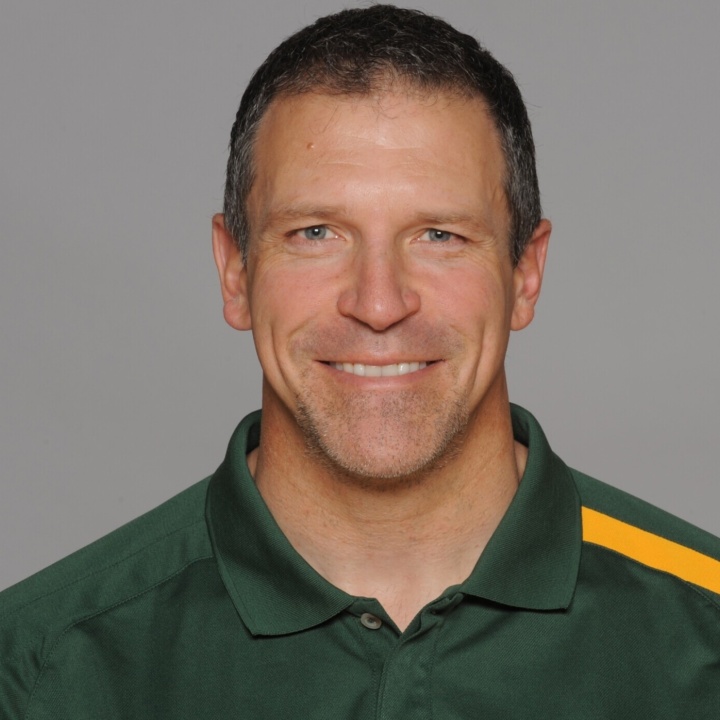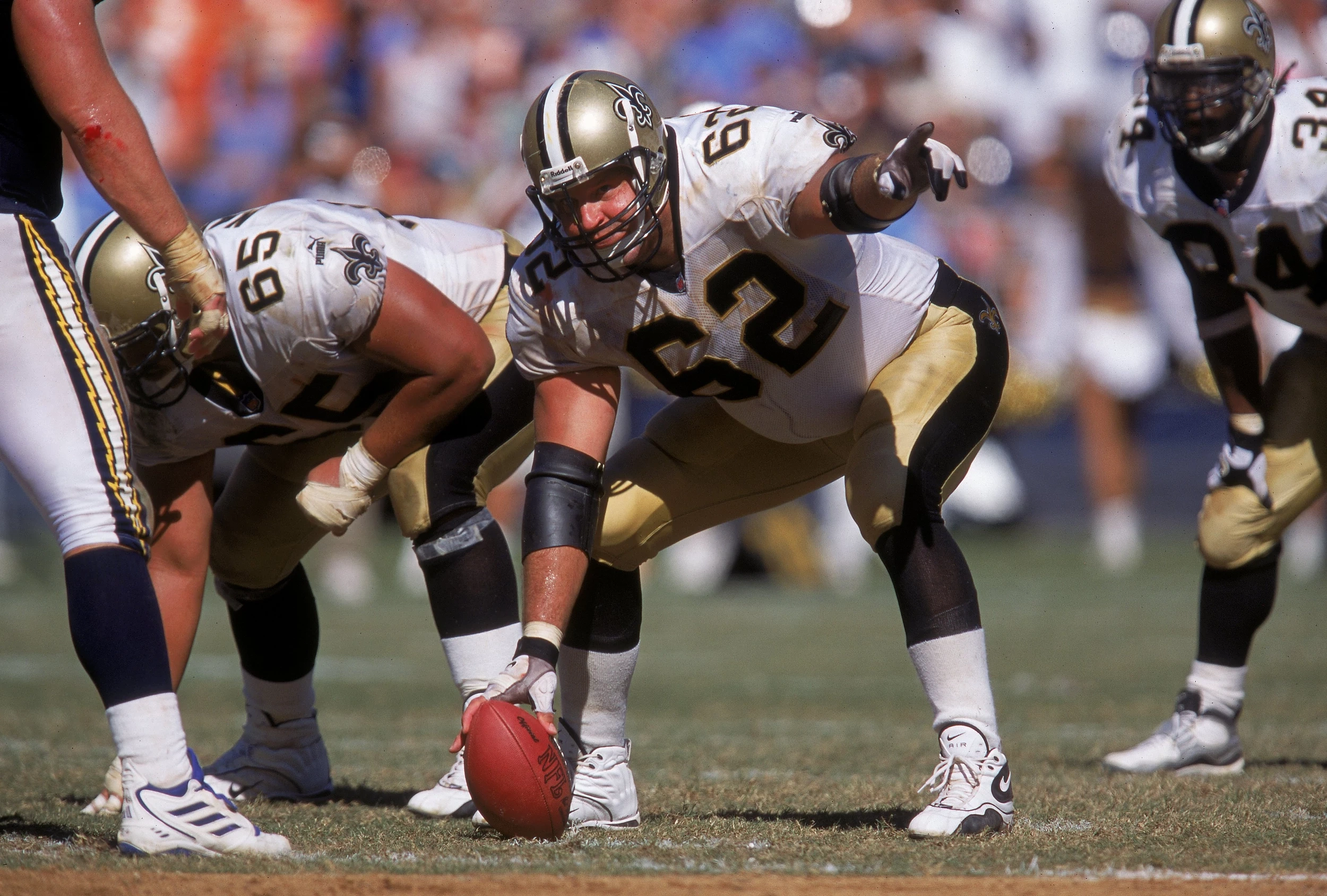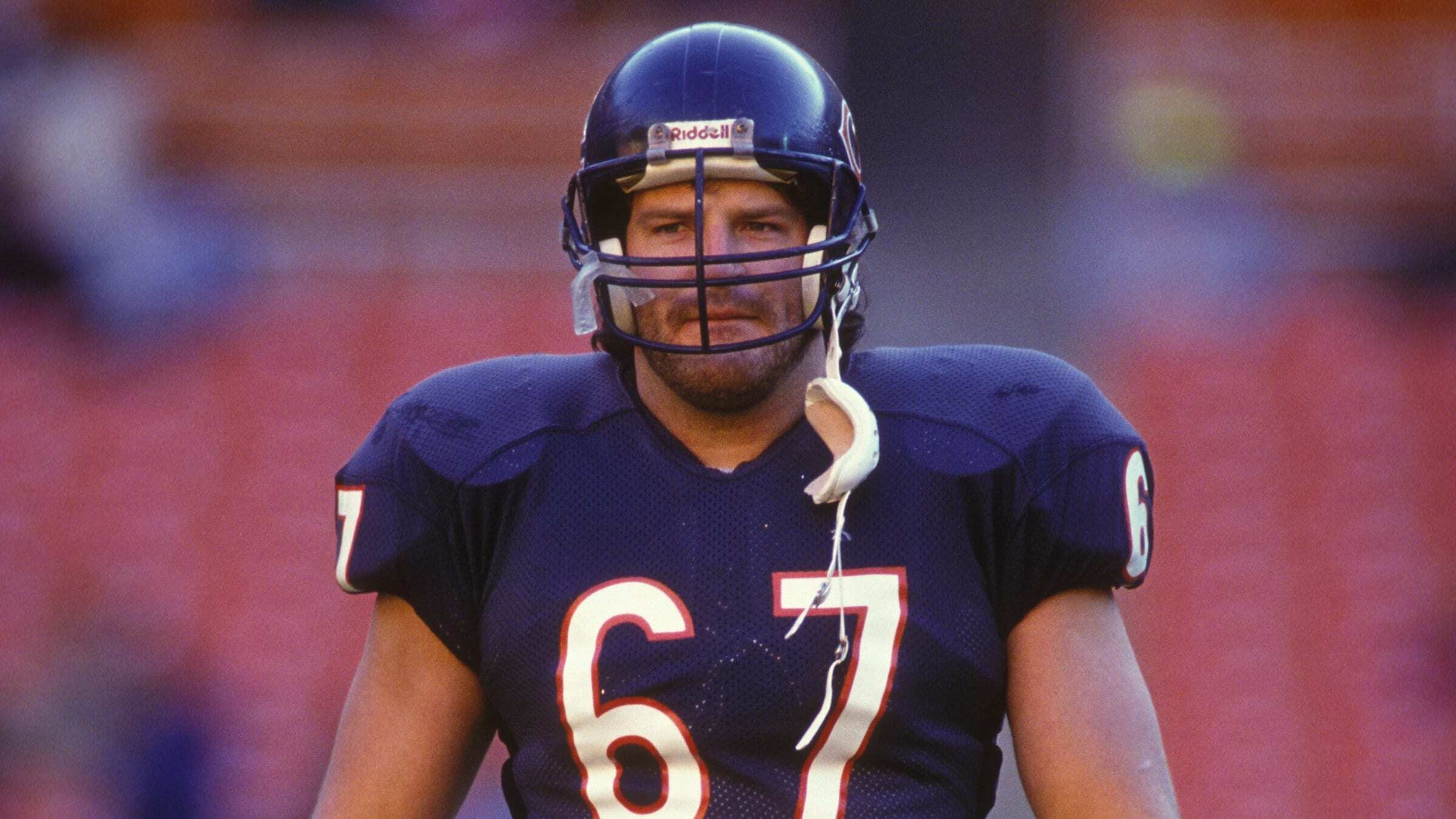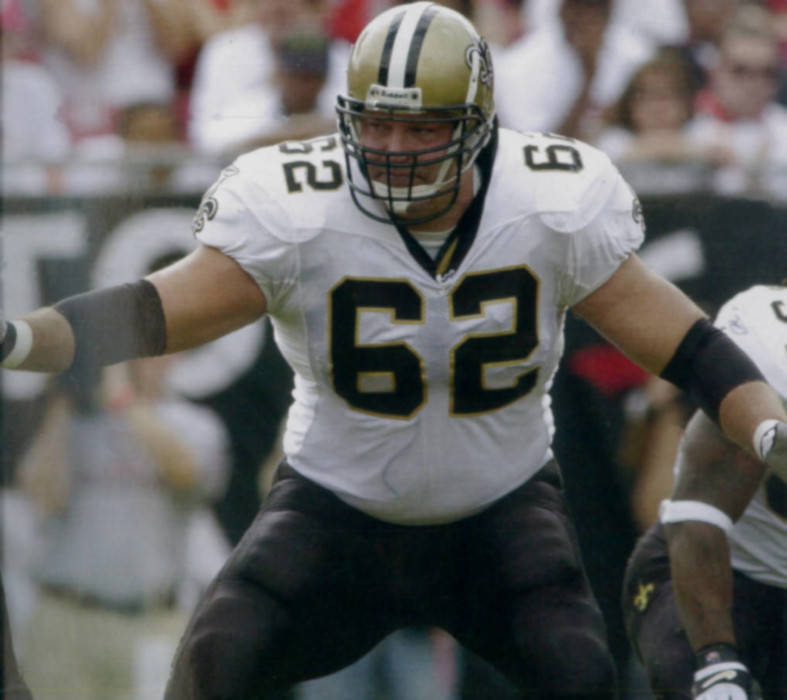
Catching Up With Former Player Rep: Jerry Fontenot
Jerry Fontenot is a former NFL center who played 16 seasons, primarily with the Chicago Bears and New Orleans Saints, starting 195 games. A standout at Texas A&M, he was a key leader and a multiple-time All-SWC honoree. After retiring, he transitioned into coaching, spending nearly a decade with the Green Bay Packers and winning Super Bowl XLV as part of their staff. Fontenot later coached in the XFL with the LA Wildcats, leaving a lasting impact both on and off the field. We caught up with Jerry and he gave us an insight into his life during and after football.

What inspired you to become a Player Representative?
I had been a player in the NFL for about 9 years. When I got to New Orleans, they had just gotten through a coaching change. There was some turnover among the players. I believe that the Player Rep at the time had moved on to another team, so there was an opening. When we were going over nominations, someone in the room nominated me. I wasn’t actively seeking the position, but I had a lot of experience up until that point in the NFL and some of its history. Some of the guys I was with in New Orleans were Trace Armstrong and those guys who were active on the NFLPA Executive Committee at the time. Someone in the locker room nominated me, we had a vote, and I became the rep.
What lessons and experiences did you take away from being a Player Representative?
One of the lessons that I learned was the experience that I got being a leader on the team. I was a team captain in Chicago for a couple of years before I left, and then again in New Orleans. While that could have been more based on seniority, the active role of being a captain taught me a lot. I wasn’t a guy that ruffled a lot of feathers. I tried to do what was right for the team and I tried to put the team ahead of my own personal needs. With that mentality, I was wired to have a role in a Player Rep position.
Another lesson would have been just the idea that the NFL is a business and what I might think would help me personally in my career, may not have been in the best interest of the majority of players in the NFL and I really based that on where I would have been in my career at that time. There was a lot of discussion that came into the room about rookie salaries over the course of the time that I was there. There was discussion on older guys' salaries, especially when the salary cap came into play, and so there was a dynamic to maximize the benefit to the greatest number of players in that whole scenario of the salary cap. That really stimulated my curiosity in the sense that I would start asking questions to guys, and I got the opportunity to connect with guys to get their opinions and find out what was important to them. Also, what kind of agenda would they want me to bring to the meeting? Getting to the meeting and talking to Gene Upshaw about what his agenda was and what was important to the Executive Committee, what was important to the administration, because obviously Gene had a dialogue going with those guys at the NFL. It was a really interesting and fulfilling journey for me personally, and I feel like I drew many lessons from that and really enjoyed my time doing it as well. Part of it too is just finding a way to understand that we're not going to please everybody all the time, that sometimes it might feel like it was an unpopular decision, but certainly we're trying to do what was best for the majority in the long run.

Why do you think more players should be involved or be active with the NFLPA?
Everyone contributes in their own way to the image of the NFL. I think that it should be important for every player to be involved because it can set you up to do things in life that you would not have been able to do otherwise. For myself, it earned me the kind of living that I wouldn’t have been able to afford. A really heavily weighted factor in having players become part of this mission and making the game safe, making the game productive, and maximizing fan support, and entertaining the fans and being able to manage all of those things simultaneously is a challenge sometimes and I think it requires players to have a voice, and I think the NFLPA has done historically a great job of doing that.
What is one piece of advice that you have for guys who are transitioning out of the NFL?
My first piece of advice is to not take it personally whenever your career ends, because you know it seems to end abruptly, no matter how or when it ends. I was very fortunate to play for the number of years that I played in the NFL (16 seasons) and whenever the end came, it was a stark contrast to the feeling of having access to the building. Going from that to not having access to getting in and being a part of the culture of the locker room and the culture of the team. That was a big eye opener for me. Fortunately, I have a lot of friends that I have played with, and I've stayed in contact with. We had each other to lean on through that process of transitioning, and I would say that was an important factor for me was having access to those guys and to my coaches, and just having a relationship with all those people. I probably would have wanted to set myself up in terms of networking outside of the players and networking outside of the coaches. Just networking in the community a little bit better, and I'm not saying that I didn't network in the community, but I feel like I could have done a better job of that, at least in terms of maintaining contact with that network. When I played early in my career, social media was not a big deal, and generationally, I probably am not as savvy as a lot of people that are coming out of the NFL. They now know how to set up their brand. I didn't lean towards that, and I think that can be a useful tool to transition out of the NFL too, if you use it properly. That would have been the one area that I would have focused a little bit more on. Also, take good care of yourself physically. I think I've done a pretty fair job of that because I do demand a lot of myself in terms of maintaining health and I try to stay well informed in that area and be proactive and obviously through a lot of programs through the NFLPA and the Legends. The former players association has been able to give me a chance to have access to things that I necessarily wouldn't have had access to had I not stayed in contact with and stayed present with the resources that are available. So, just staying active and connected to those resources is huge because there are some very useful ones that are made accessible to us.
What's one piece of advice you wish you had when you first started your NFL career?
Be grateful for every day that you’re there. Over the course of my career, or anybody who played in the NFL for 16 years, you are going to have a lot of different teammates and for many different reasons. Some of those reasons are outside the players' control. Some of those reasons were within the players' control. I certainly feel like I had made the most of my opportunity throughout my career, but just being grateful for each and every day that we get to spend in the locker room and on the field and with the fans. Creating something that is mutually enjoyable and mutually beneficial for the community and the organization, the NFL, and NFLPA.

What have you been doing in your career now?
I spent the first year out of the NFL kind of rudderless, to be honest with you. I did some broadcasting for ESPN Radio. I did a couple of programs in Chicago. There was a WGN Monday morning quarterback show that I did. I did a couple of shows with John Clayton and Sean Salisbury. I did that for the first year out of playing and it was fun, but I was looking for some juice, and what do I mean by that? The adrenaline of playing on Sunday was something I liked very much, and I liked the aspect of preparation. I liked the aspect of competing and I liked the aspect of teamwork and so after my first year, I started looking for something else and fortunately, one of my former coaches from New Orleans, Mike McCarthy, got the head job in Green Bay at that time period, so it would have been the offseason in 2006, and I started coaching in Green Bay. I did that for the next 10 years and that was extremely rewarding. I got to see the game from a coach's standpoint and had an amazing time doing that and got to give back a lot to those players. Some of the things that we talked about were lessons and experiences. Sharing experiences of how to do things and sharing experiences of how not to do things. I certainly had a great experience doing that and then I coached in the XFL before COVID shut us down, and that was a lot of fun as well.
Since then, I help train players that are transitioning from college to the NFL, getting ready for the draft, coaching them up and consulting with them on what to expect at the combine. Not in terms so much of the physical testing because that's all conducted by many different individuals and organizations, but more from the standpoint of what to expect in the interview process. It's been a lot of fun and I've worked with some high school kids locally and younger kids. I get invited by coaches to come and talk to their team, and I do that as much as I can. So now, I try to spend a lot of time with my three daughters who are now adults, 25-29 years old, just being as good of a dad as I can be to them, although they are pretty much on their way out and don't need as much guidance as they used to.
I spend a lot of time trying to be proactive about my own health, and I've been very fortunate in that area. I pretty much can do anything I want to do physically. I can run on the treadmill, play basketball, or play whatever I want to play. I have a dog that I take care of. I'm now starting to ease into whatever the next phase is going to be. I have no idea what that is. I still don't know what I want to do when I grow up. I’m keeping all my options open.
What does the NFLPA fraternity mean to you?
For me, it means that we can be a positive voice if we can be authentic, have personality with each other and find a way to do things that are respectful of the organization that we represent. I think that's ultimately what we accomplished when I was able to be in the role of being a Player Rep for the NFLPA.
I love the fraternity. There are guys that I encounter that I haven't seen in years at reunions and at the events that take place. From a Former Players Department standpoint, I am a member of the Chicago chapter, and keeping in contact with those guys is really beneficial. Having walked through a lot of adversity and triumph with those guys and also being able to share the memories of that today is huge. It makes me appreciate each and every moment that I spend with those guys. In the NFL, it's all the more rich today and sometimes the stories grow, so it gets even bigger. It's a great fraternity to be a part of.